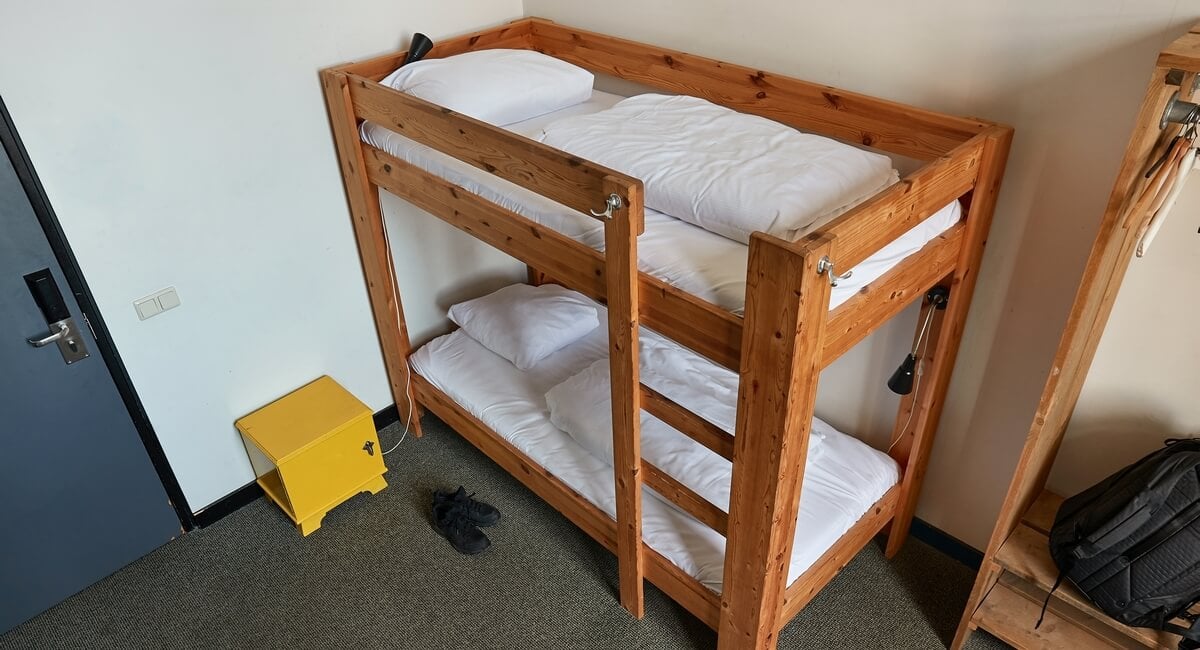Investing in Rental Properties Near Canadian Colleges and Universities: Opportunities and Challenges
Student housing remains in high demand across Canada, making college and university towns attractive opportunities for real estate investors. However, while investing in these areas can be lucrative, there are also challenges to consider. Before purchasing a rental property in a post-secondary hub, it’s essential to weigh the pros and cons carefully.
Advantages of Investing in College and University Towns
1. High Tenant Demand
Cities with major institutions like the University of Toronto, McGill University, the University of British Columbia, and the University of Waterloo experience continuous demand for student housing. Finding tenants is often easier compared to traditional rental markets, as students actively seek accommodations near campus. A simple online listing or a “For Rent” sign can attract multiple inquiries, and word-of-mouth referrals among students help sustain high occupancy rates.
2. Large and Diverse Applicant Pool
Beyond undergraduate students, faculty members, international students, and post-graduate researchers also require housing. This broad demographic increases your chances of securing reliable, long-term tenants. Screening tenants carefully can mitigate the risks associated with younger, first-time renters.
3. Potential for Higher Rental Income
Many landlords in university towns utilize a “rent-by-the-room” model, which can maximize rental income. For example, while a two-bedroom apartment in Toronto might typically rent for $2,500, renting each bedroom separately at $1,400 per month could yield $2,800 or more. This strategy works well in high-demand areas where students often share accommodations.

4. Opportunity for Prepaid Rent
Some students, particularly international students, pay their entire year’s rent upfront using student loans or financial support from their families. Offering a discount for prepayment can provide financial security and stable cash flow.
5. Lower Renovation and Upgrade Costs
Unlike luxury rental markets, student housing doesn’t require high-end finishes or amenities. As long as the unit is clean, functional, and safe, students will prioritize affordability and proximity to campus over luxury features. This allows landlords to invest in cost-effective maintenance instead of expensive upgrades.

Challenges of Investing in College and University Towns
1. High Tenant Turnover
Most students rent for a single academic year, resulting in frequent turnover. Landlords must be prepared for annual vacancies, ongoing marketing, and frequent lease renewals. While some graduate students and faculty members may stay longer, high turnover rates can lead to increased administrative work and maintenance costs.
2. Risk of Property Damage
First-time renters may not be familiar with proper home maintenance. While not all students are careless, wear and tear can be more significant compared to traditional rentals. Including damage deposits, conducting regular inspections, and requiring co-signers can help mitigate risks.

3. Potential for Noise Complaints and Disturbances
Student neighbourhoods are known for social events and occasional late-night noise. If renting units in mixed-use buildings or residential areas, landlords may need to set clear lease agreements regarding noise and responsible living.
4. Seasonal Vacancies
Many students leave for the summer, which can lead to extended vacancies. Offering flexible leasing options—such as 12-month leases with summer sublet allowances or targeting international students who stay year-round—can help maintain occupancy.
Tips for Successfully Managing Student Rentals
1. Require a Co-Signer
Since many students have little to no rental history or steady income, requiring a parent or guardian to co-sign the lease provides financial security. This ensures that rent payments are covered, even if the tenant faces financial difficulties.
2. Enforce Renter’s Insurance
While landlords are responsible for structural maintenance, requiring tenants to have renters insurance protects their personal belongings and reduces liability risks for the property owner.

3. Implement a Strict Tenant Screening Process
A high-demand market allows landlords to be selective. Conduct credit checks, verify student enrollment, and request references from previous landlords (if applicable). While discrimination based on protected characteristics is illegal, you can assess applicants based on financial responsibility and rental history.
4. Consider Renting by the Room
In multi-bedroom units, leasing individual rooms under separate agreements can increase rental income and reduce vacancy loss. If one tenant moves out, the others remain under their own leases, minimizing disruptions.

5. Offer Student-Friendly Amenities
Providing conveniences such as in-suite laundry, high-speed internet, and furnished units can make your rental more appealing. Additionally, designated quiet study areas in common spaces can attract serious students looking for a productive living environment.

Final Thoughts
Investing in rental properties near Canadian colleges and universities can be a profitable venture if managed strategically. While student rentals require hands-on management due to high turnover and potential maintenance issues, the consistent demand for housing in university towns ensures a reliable stream of prospective tenants. By implementing best practices such as tenant screening, rental structure optimization, and proactive property management, landlords can maximize their return on investment while providing safe, affordable housing for students.



